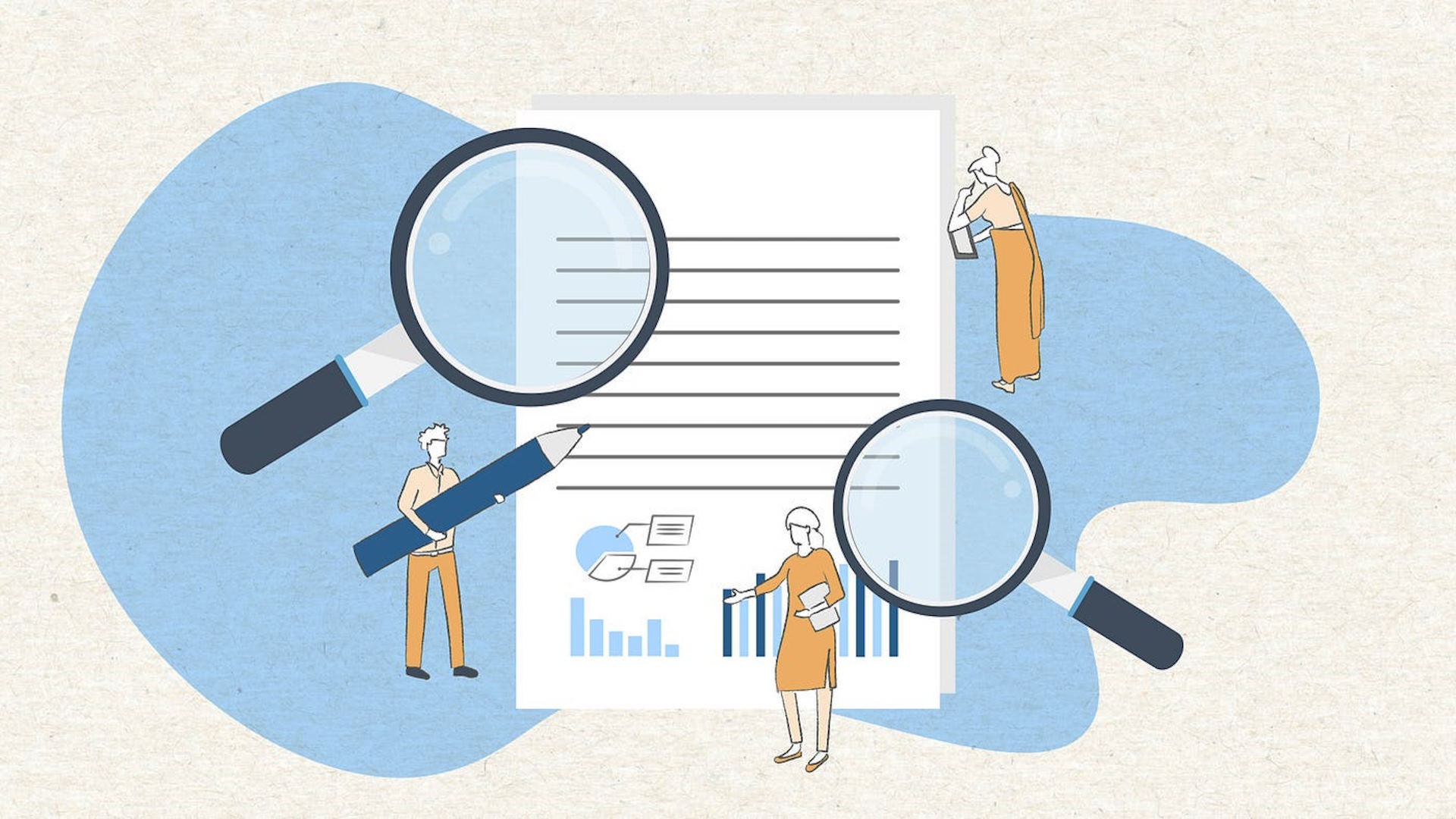Cookies
Overview
This document outlines the various technologies used by this Application to achieve its intended purposes. These technologies enable the Application’s Owner to access and store information (such as by using cookies) or utilize resources (such as running scripts) on a User’s device during interactions with the Application.
For ease of reference, all such technologies are referred to as “Trackers” throughout this document, unless a specific distinction is necessary. For example, cookies are a type of Tracker commonly used in web and mobile browsers, but since they are browser-based, it wouldn’t be accurate to reference cookies in the context of mobile apps. Thus, whenever the term “Cookies” is used here, it specifically refers to that type of browser-based Tracker.
In some cases, Trackers may require the User’s explicit consent for use. Users have the right to give or withdraw consent freely at any time by following the instructions provided in this document.
This Application makes use of both Trackers managed directly by the Owner, referred to as “first-party” Trackers, and those used by third parties to enable specific services, called “third-party” Trackers. Unless otherwise stated, third-party providers may access and manage the Trackers they control. The validity and expiration periods of cookies and other Trackers vary based on the settings established by the Owner or the respective third-party provider. Some Trackers expire when the User’s browsing session ends, while others may persist for longer periods. Additional, up-to-date details about the duration and function of each Tracker can be found in the respective third-party privacy policies or by contacting the Owner directly.
Trackers Used for Essential Operations
This Application uses what are known as “technical” Cookies and similar Trackers to enable essential activities necessary for the Application’s functioning and for delivering the intended services. These Trackers ensure that the Application runs smoothly, facilitating basic interactions and operations that are critical to its functionality.
Trackers Used for Additional Functions
Beyond the essential operations, this Application also employs Trackers that support additional functions, improving the User’s experience. These Trackers enable the use of specific features, facilitate User communication with the Owner, and enhance the Application’s overall functionality.
Registration and Authentication Trackers
Registration and authentication processes rely on Trackers to identify Users and provide them with access to specific services. In some cases, third-party providers manage the registration and authentication process. This Application may access certain User data stored by these third-party services, including for purposes like User identification and access control.
Some of these third-party services may also collect additional Personal Data, such as for targeting or profiling purposes. Users can refer to the individual service descriptions to learn more about how their data may be used in such cases.
One example is Auth0 (provided by Auth0, Inc.), a service that simplifies registration and authentication. Auth0 may use third-party identity providers to manage authentication and store relevant User information on its platform. This service processes various types of Personal Data, such as email addresses and Trackers, in line with its privacy policy.
How to Manage Trackers and User Consent
There are several methods Users can use to manage preferences related to Trackers and provide or withdraw consent where necessary:
- Device Settings: Users can control Tracker-related settings directly within their device, for example, by disabling or preventing the storage of Trackers.
- Cookie Notice: Whenever Tracker use requires consent, Users can grant or withdraw their consent by managing preferences through the cookie notice or relevant privacy widget if available.
- Browser and Device Features: Users can also delete previously stored Trackers by clearing their browser’s history or using other device-specific features.
For third-party Trackers, Users can manage preferences through the opt-out links provided in third-party privacy policies or by contacting the third party directly. Additional guidance on managing these preferences is often outlined in the respective privacy policies of each provider.
Key Definitions and Legal References
- Personal Data: This refers to any information that allows for the identification of an individual, either directly or indirectly, through details such as name, identification number, location data, or online identifiers.
- Usage Data: Automatically collected information such as IP addresses, browser details, and device operating system data. It also includes data about how Users interact with the Application, such as time spent on pages, request times, and the path taken through the Application.
- User: The individual interacting with this Application.
- Data Subject: The person to whom the Personal Data pertains.
- Data Processor (Processor): The entity that processes Personal Data on behalf of the Controller, following the instructions laid out in the privacy policy.
- Data Controller (Owner): The entity responsible for determining how and why Personal Data is processed. For this Application, the Data Controller is the Owner of the Application.
- Service: The services offered by the Application as described in the terms and conditions of the site or application.
- European Union (EU): Any references to the European Union in this document include all member states of both the EU and the European Economic Area (EEA).
- Cookie: A small file of data stored on the User’s device that allows the Application to remember certain information about the User’s interactions.
- Tracker: Any technology that enables the tracking of Users by accessing or storing data on their device, including cookies, embedded scripts, and unique identifiers.




